Last week, we discussed the importance of the warning tag you see on all of our extension cords and flexible adapters. There is one tip about unraveling cords while in use to prevent them from over-heating. Is this necessary? Even with small household items or household extension cords?
While you may not think so, this tip should be followed no matter what kind of cord you are using. Even for an ordinary hairdryer? Or strings of lights? Yes. EVERYTHING.

Every electrical appliance has a cord that is specifically made to handle the appliance’s rated current needs. For light-duty household items and extension cords, 12, 14, or 16 gauge wire will safely handle the load. For generator or industrial uses, 10 or 12 gauge wire will handle the load. For welders and other equipment requiring up to 50 Amps, 6 or 8 gauge wire will work. When all these different wire gauges are used appropriately, the cord will either stay at room temperature or get slightly warm. This is nothing to be alarmed about.

As we all know, electricity generates heat. So when a cord is completely spread out, the heat can dissipate away from the cord. If you were to leave a cord piled up, the heat will get locked in with nowhere to go. So with each layer of cord, the temperature could rise an extra few degrees. It may not seem like a lot, but it adds up quickly. Once the heat is trapped, it will continue to get hotter and hotter. After a short period of time, the cord could get hot to the touch, the jacket material could melt, or the cord could stop working altogether.
So next time you are using an extension cord, remember to take those few extra moments to spread it out.
If you have any more questions about high powered extension cords and their proper usage, please reach out to us with a phone call, text, or email.

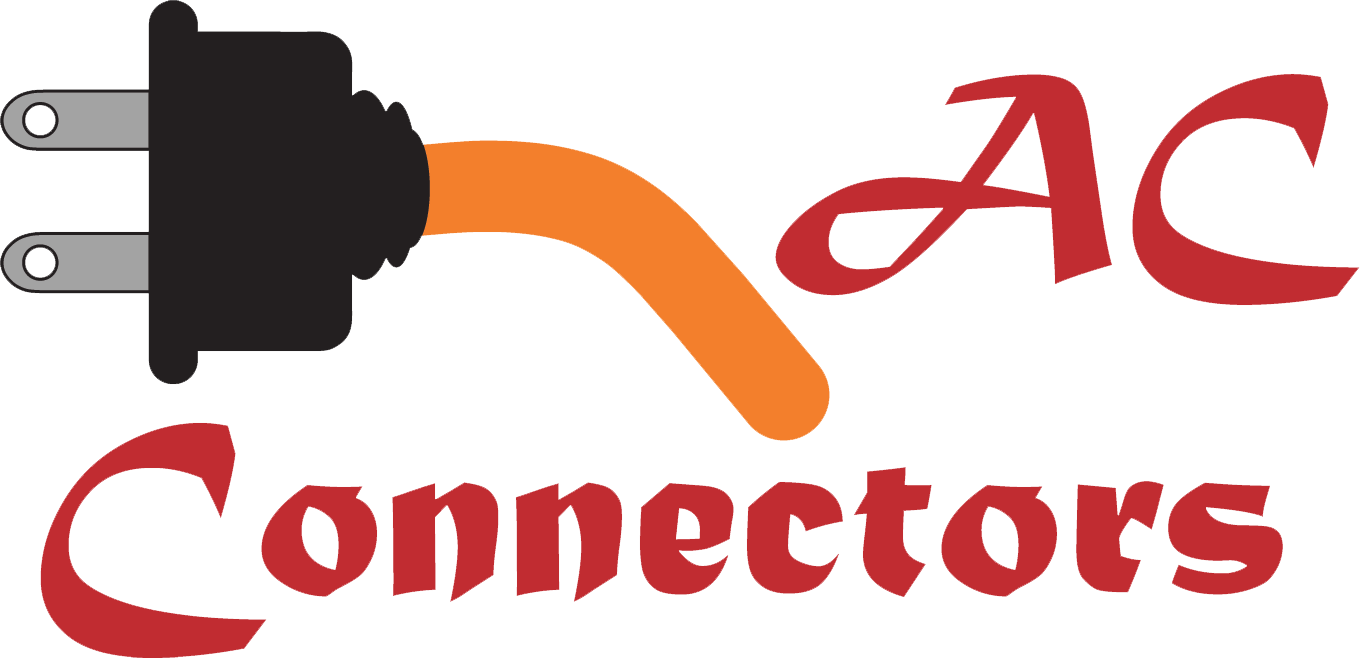

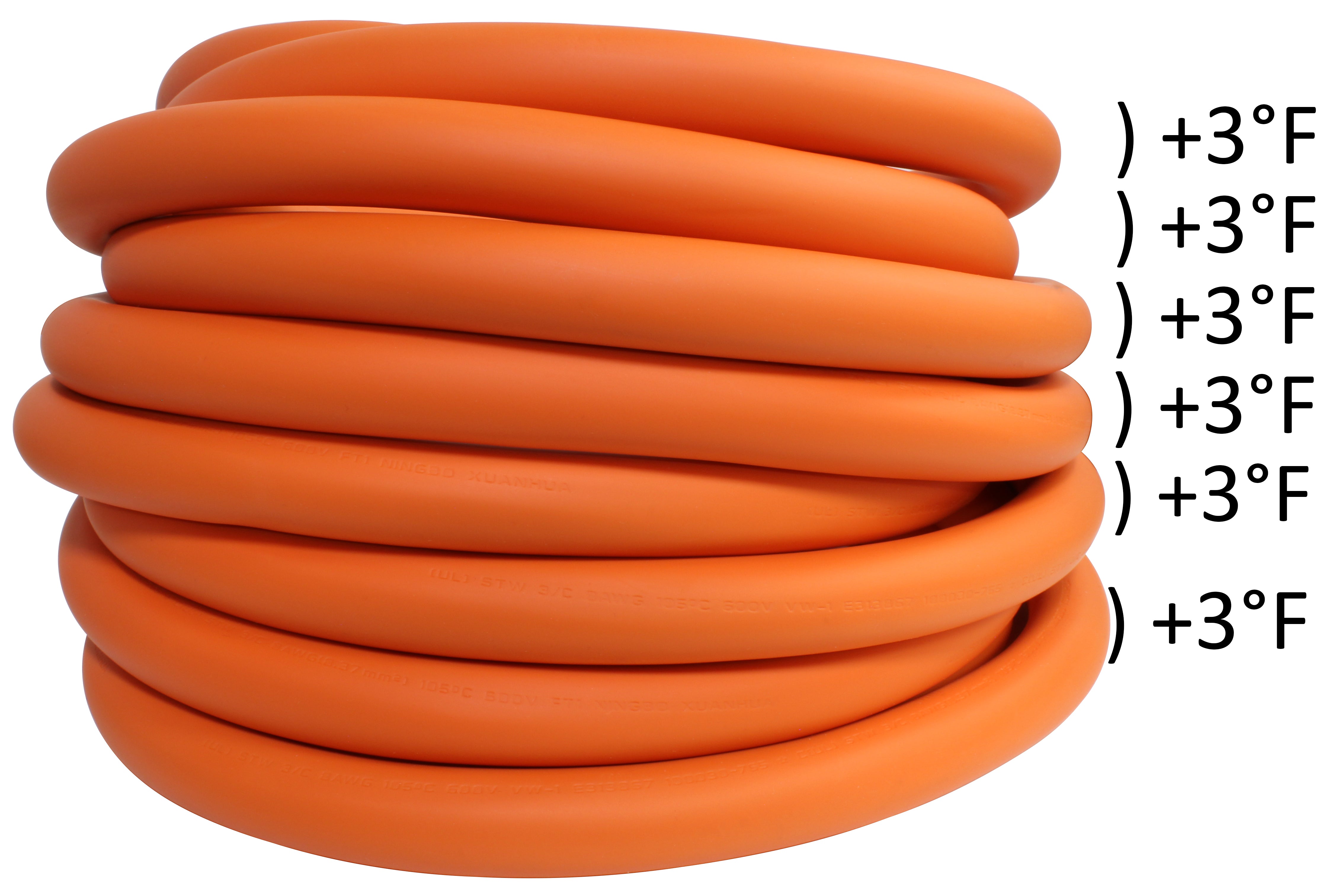
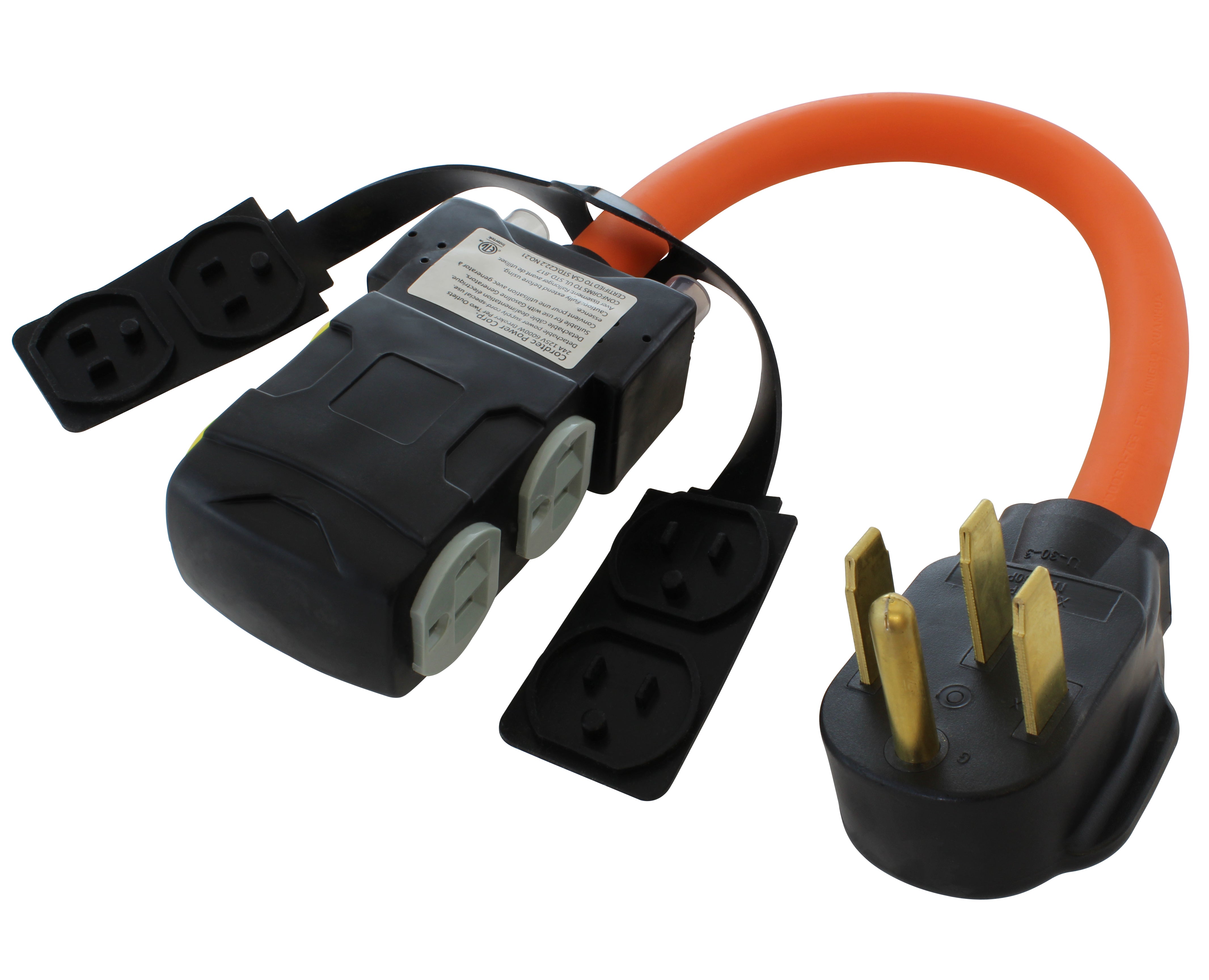
![AC WORKS® [ASINSS2PBX-G] 50A Locking 4-Wire CS6375/ SS2-50 Heavy-Duty Transfer Switch Inlet Box](http://acworks.com/cdn/shop/files/ASINSS2PBX-0_0206b362-7c90-42a5-8754-0685c13dab7e.jpg?v=1758051675&width=2500)
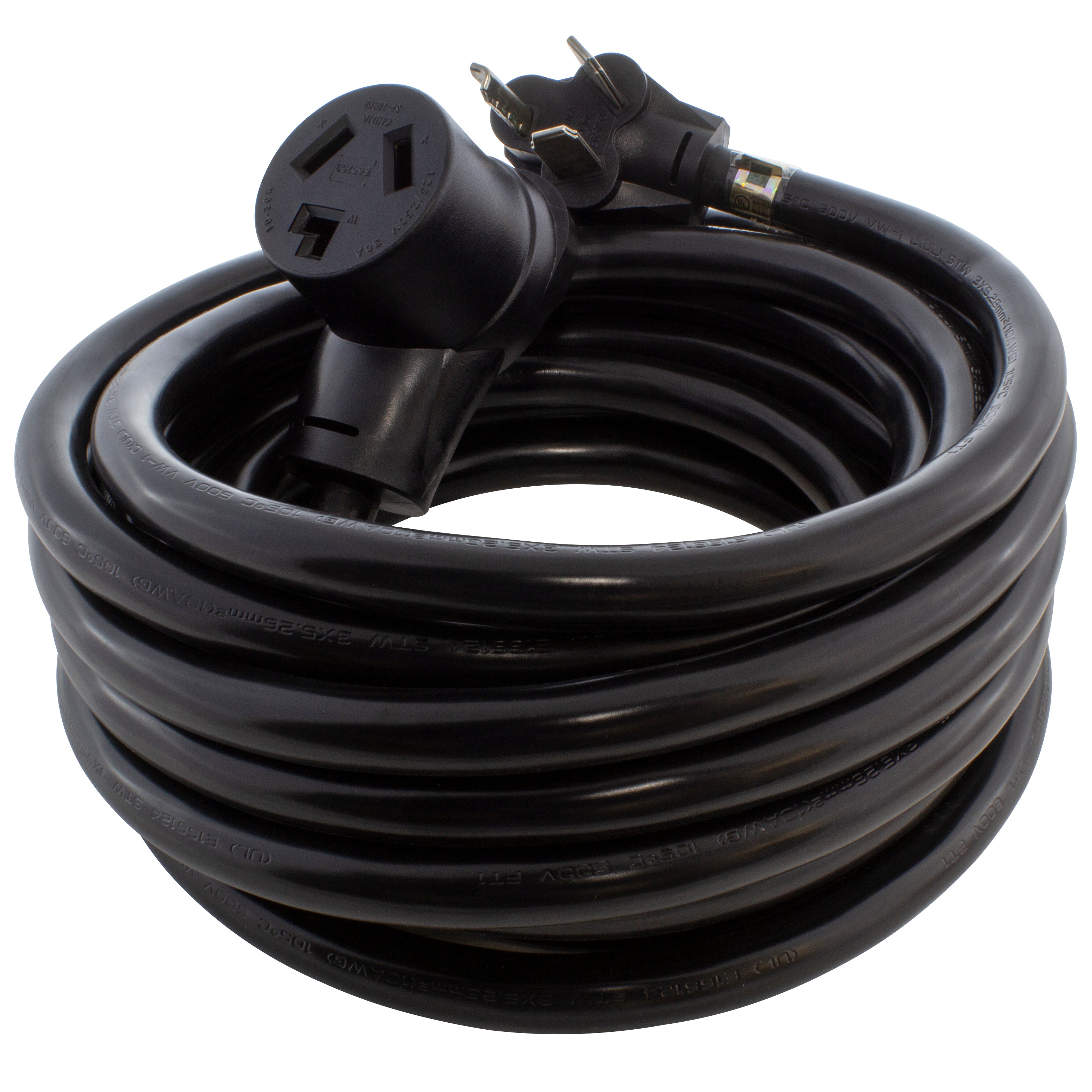
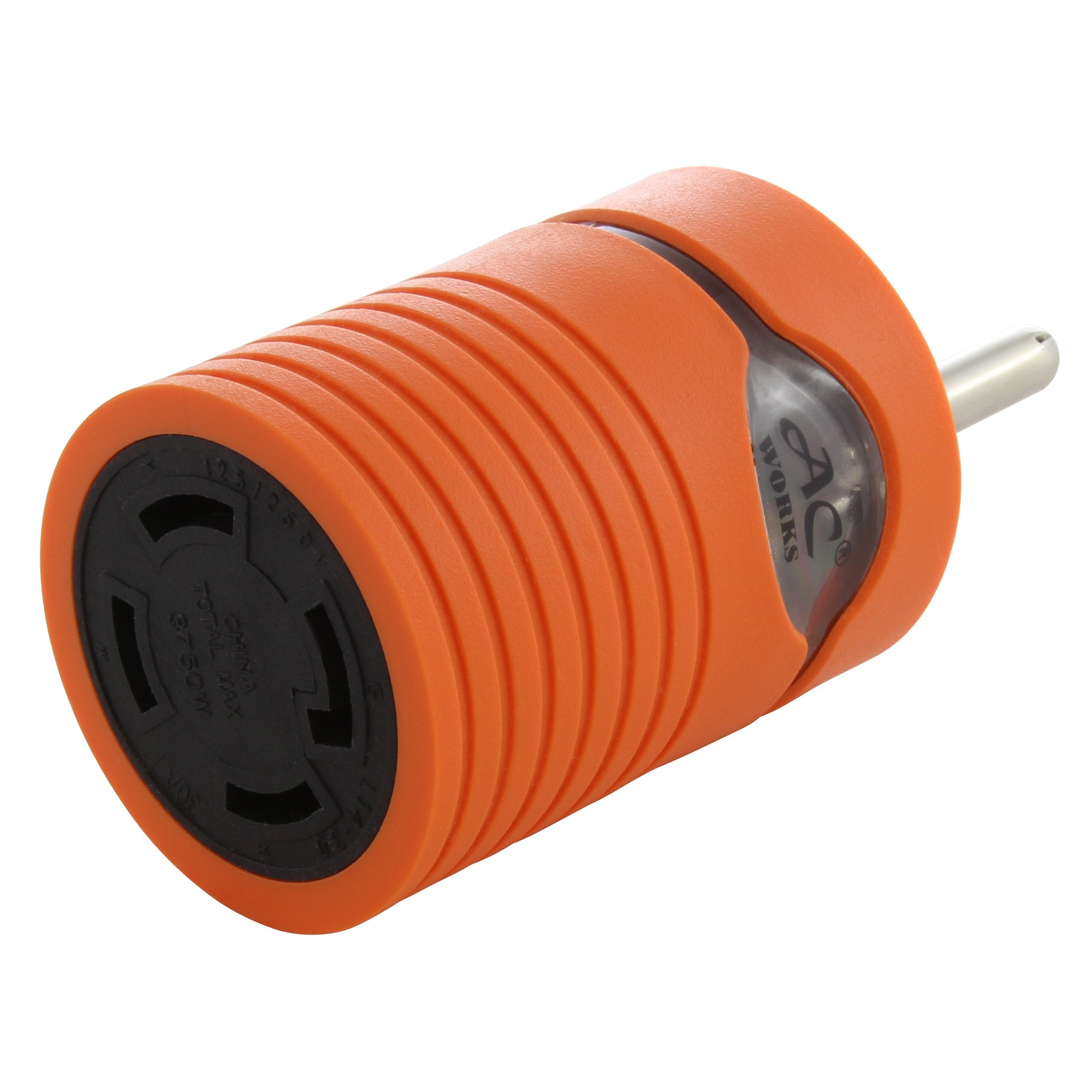
![AC WORKS® [S1430CBF520] 1.5FT 14-30P 4-Prong Dryer Plug to (4) Household Outlets with 24A Breaker](http://acworks.com/cdn/shop/products/S1430CBF520.jpg?v=1666103519&width=4656)
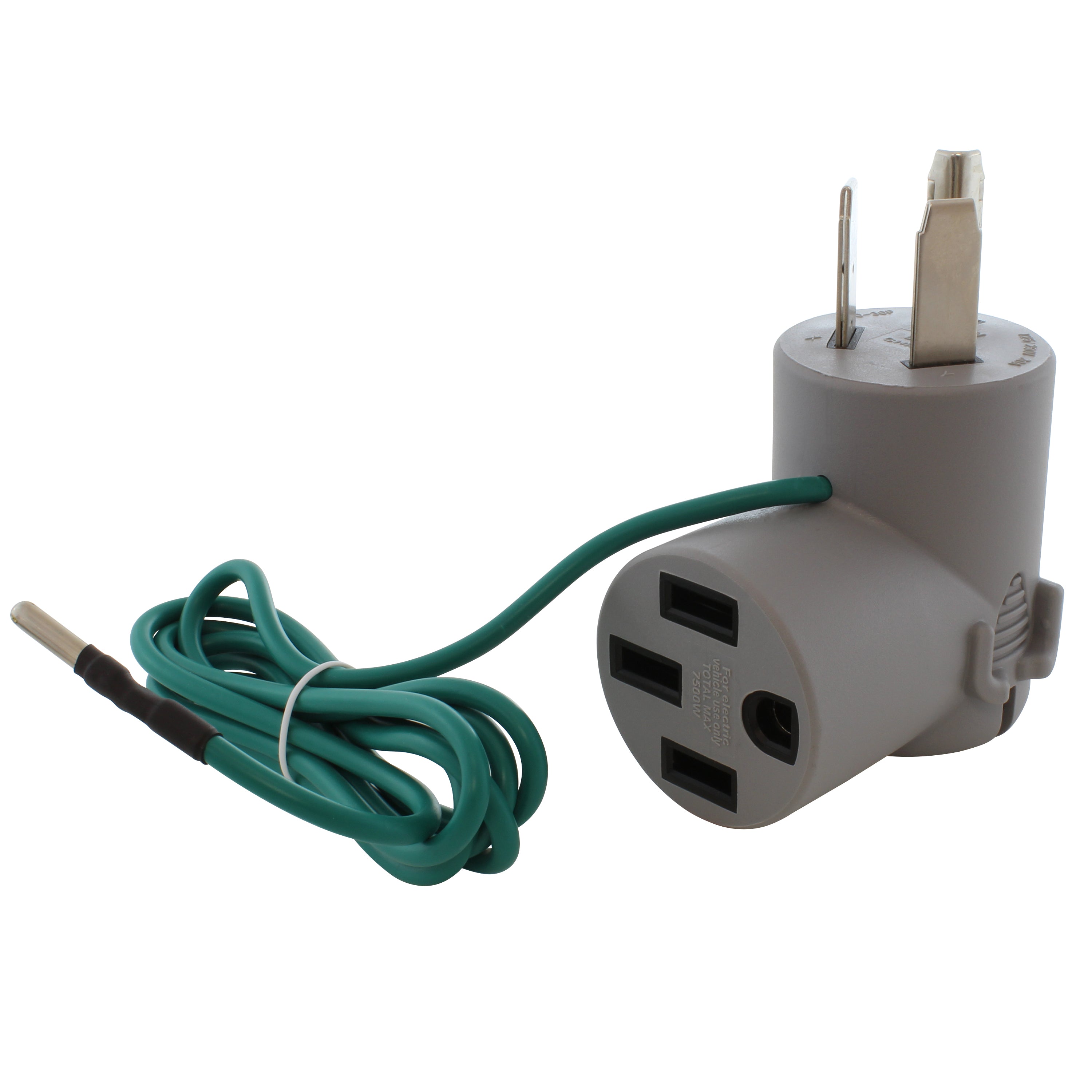
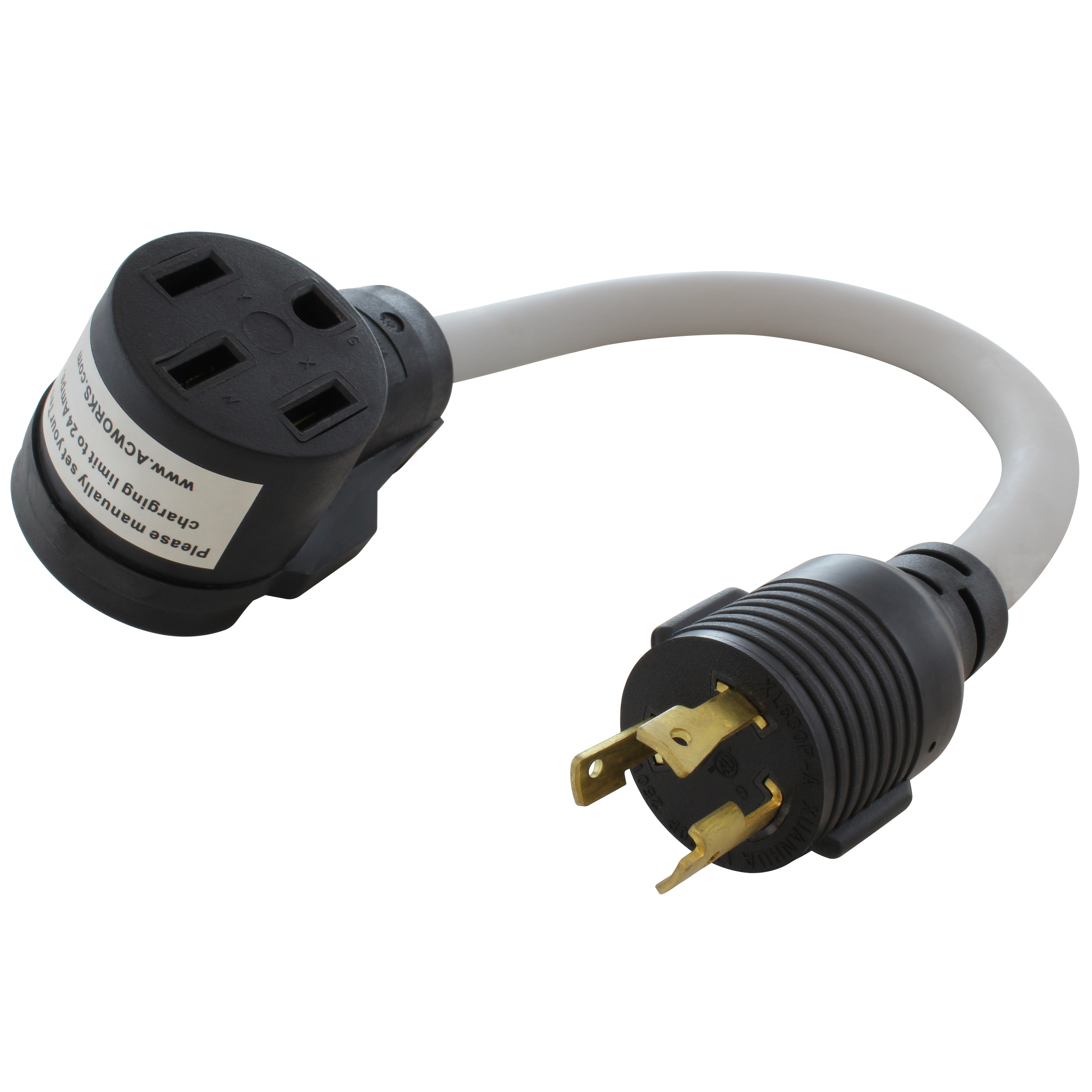
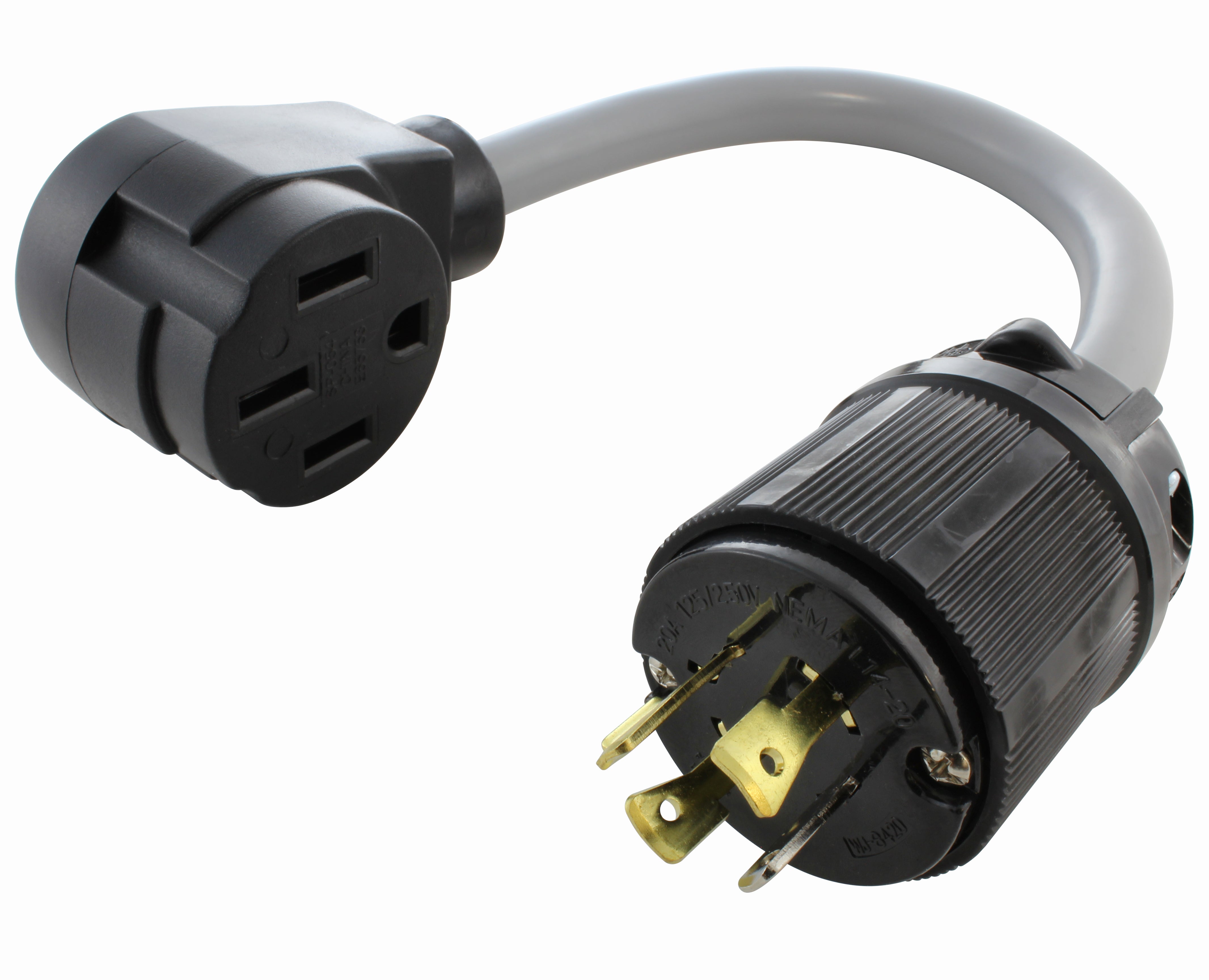
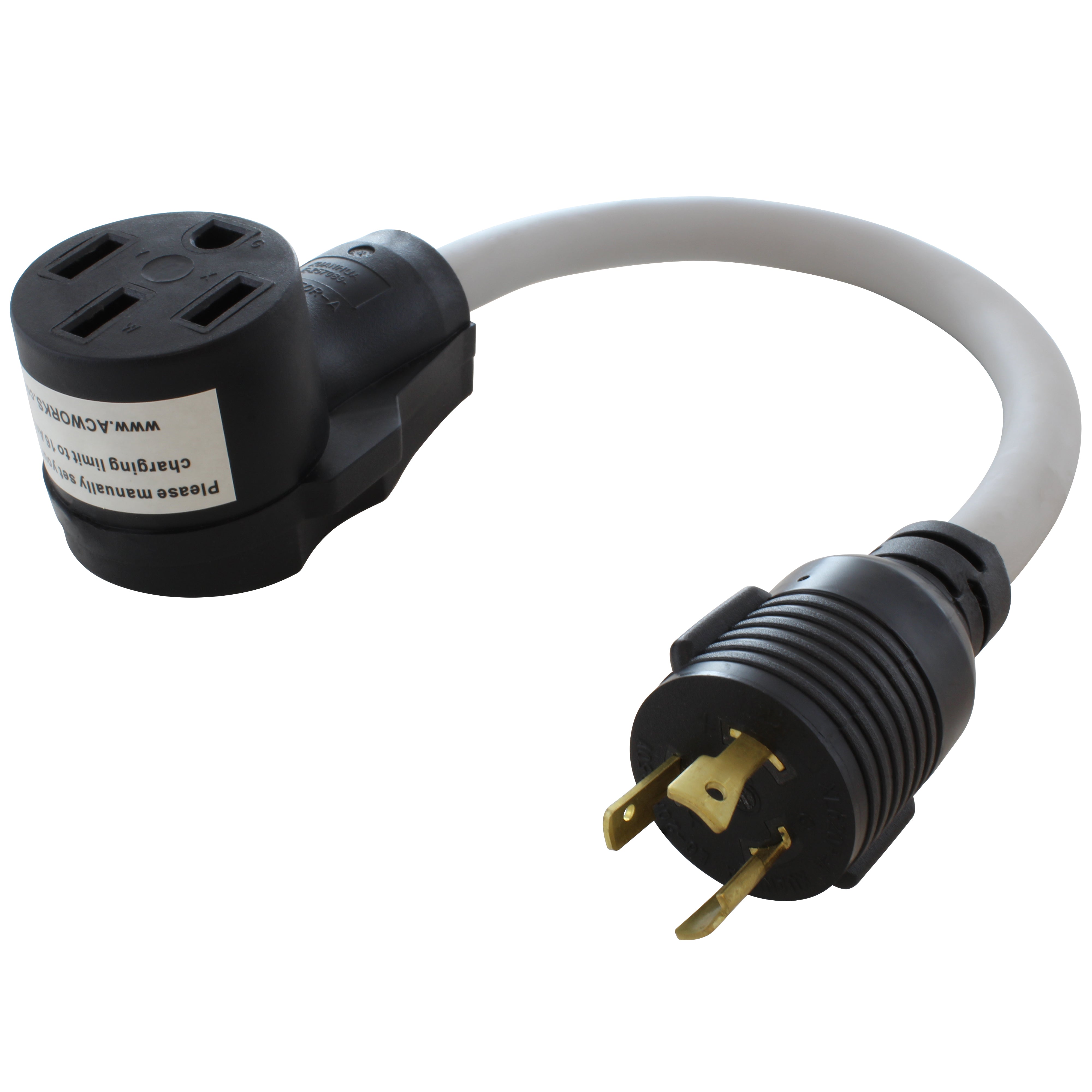
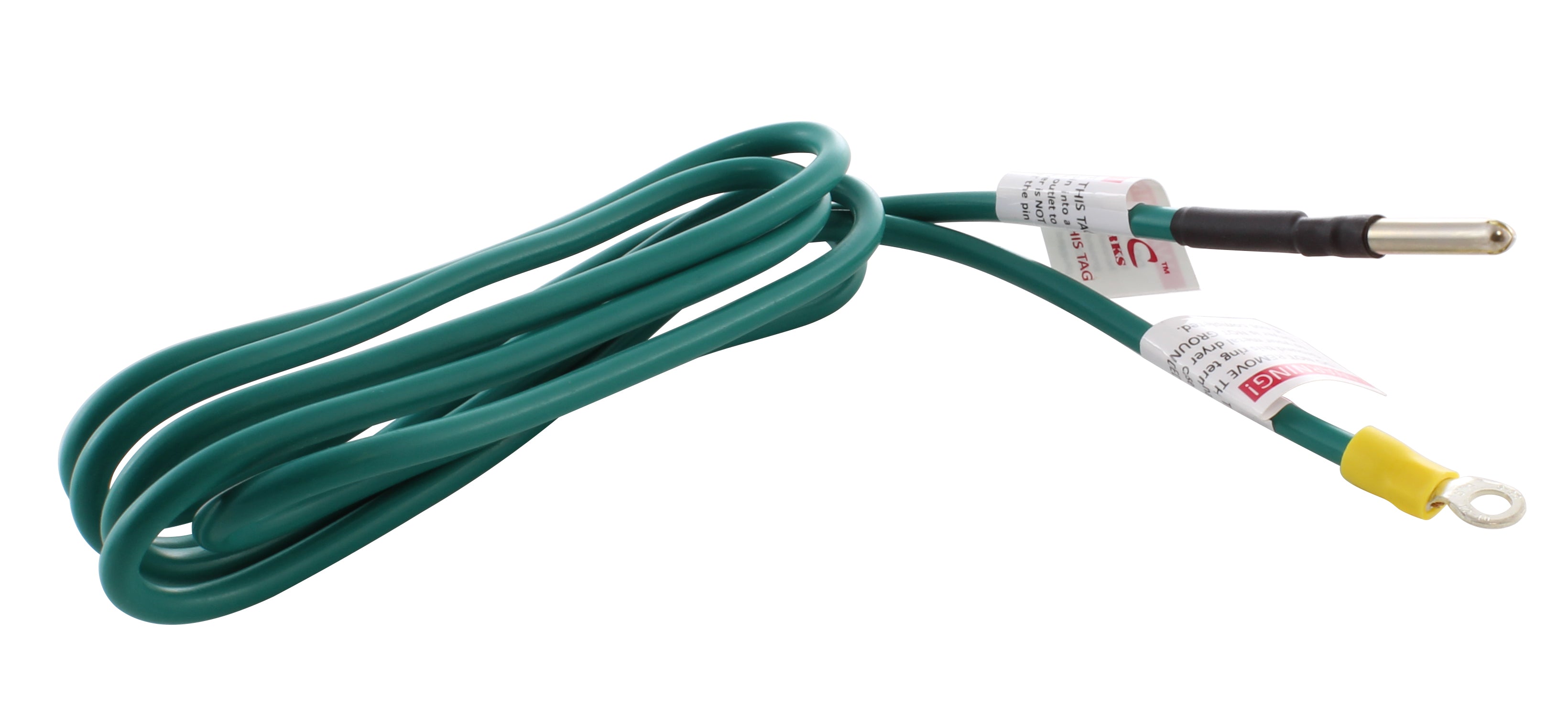
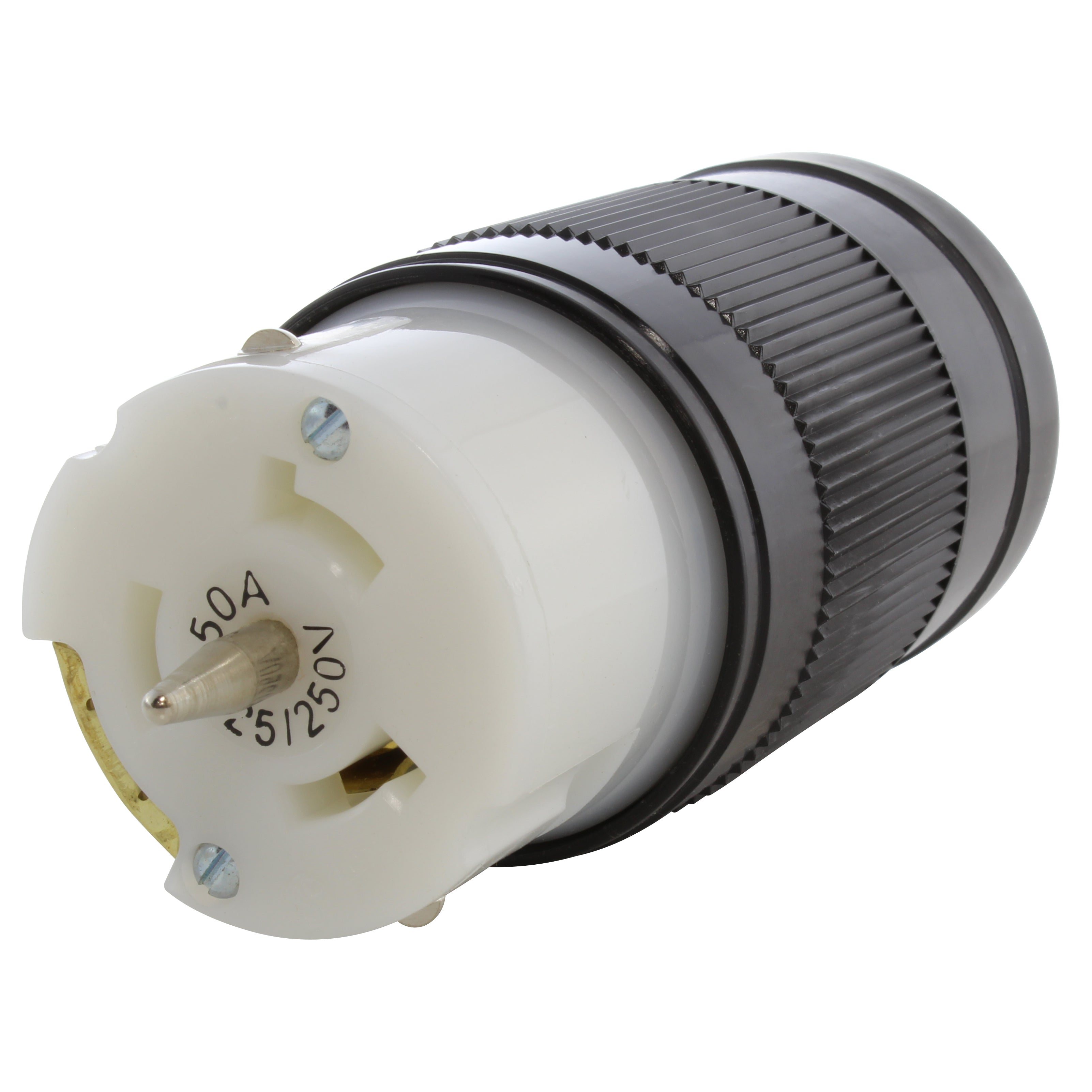
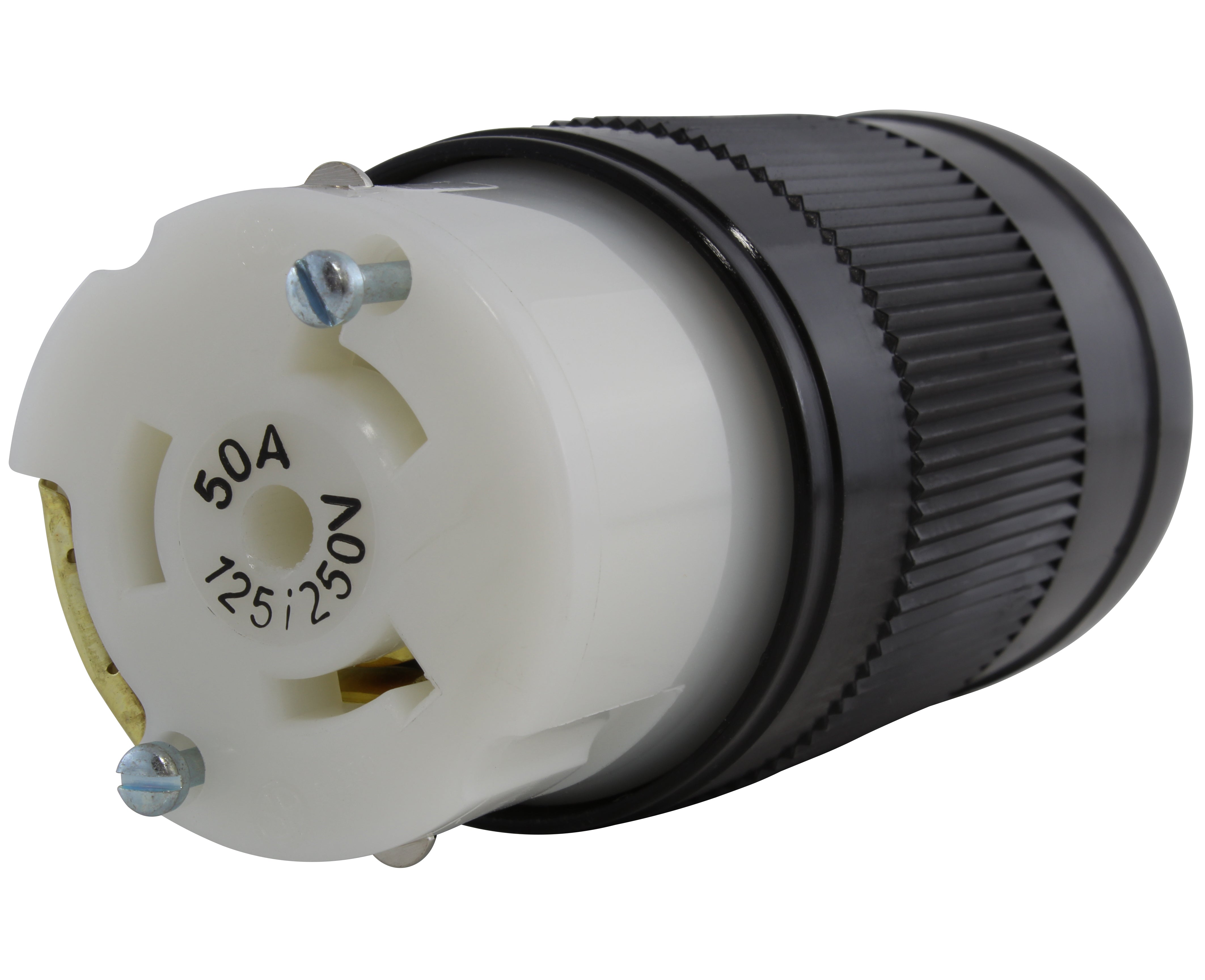
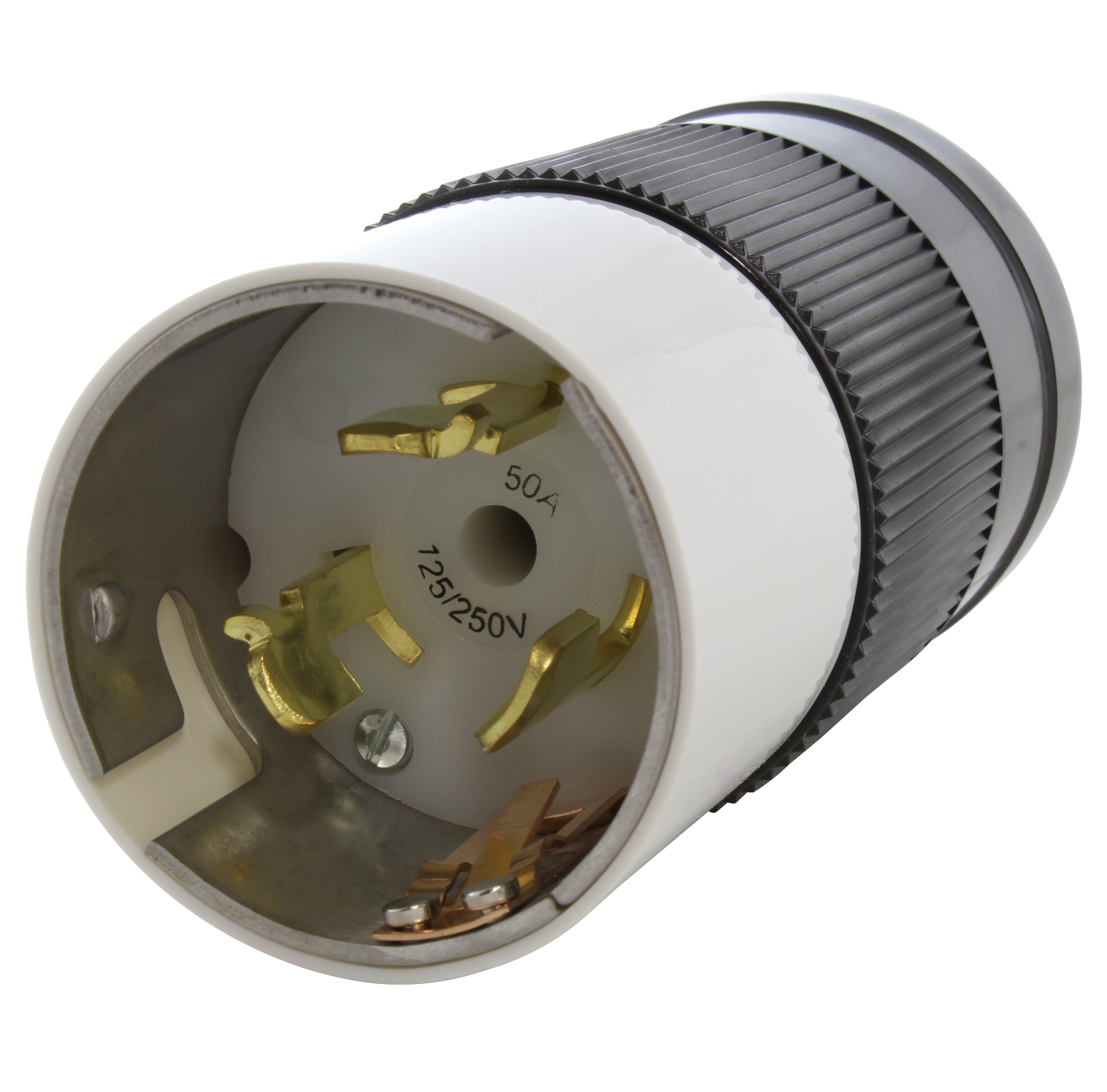
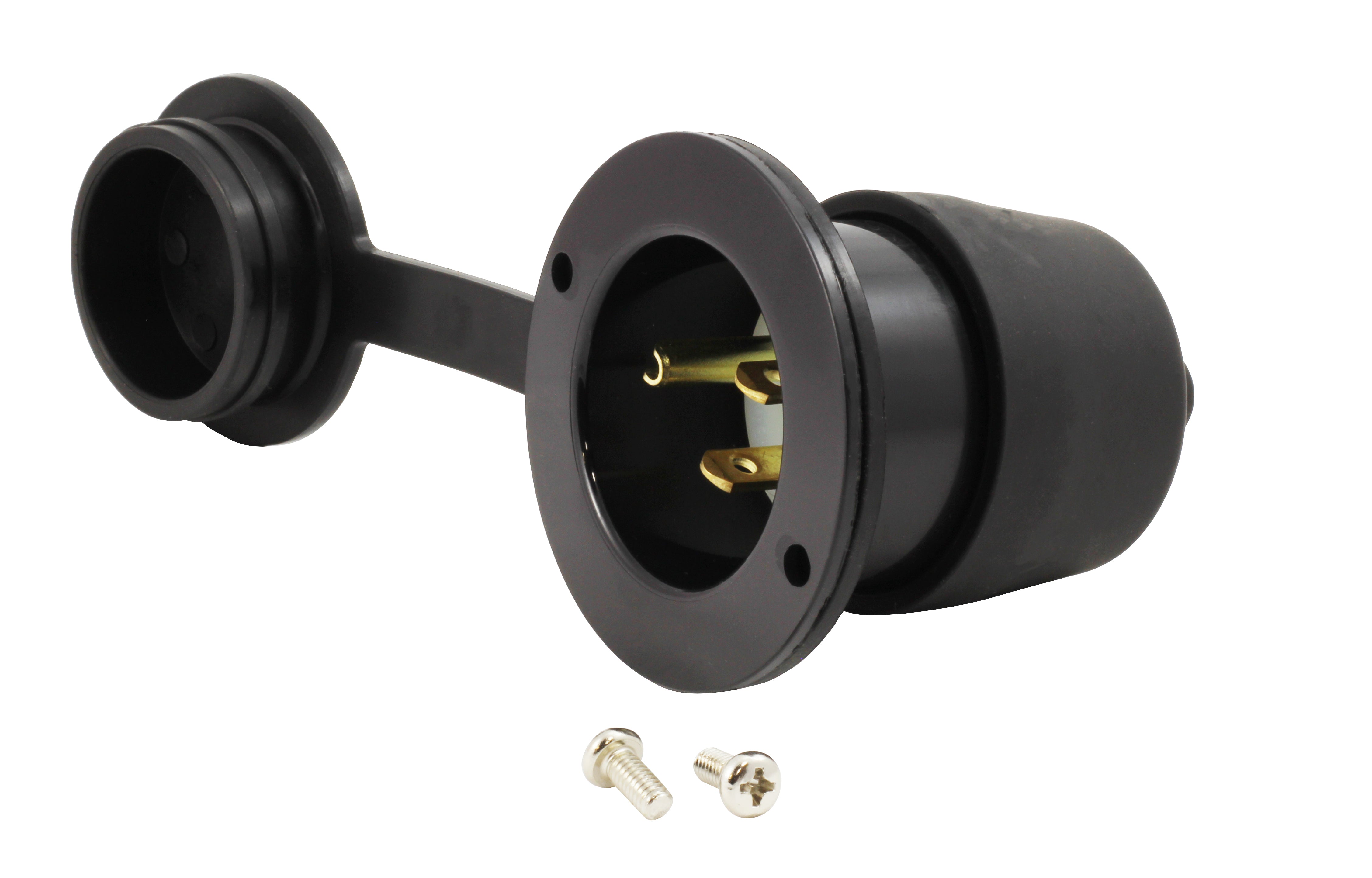
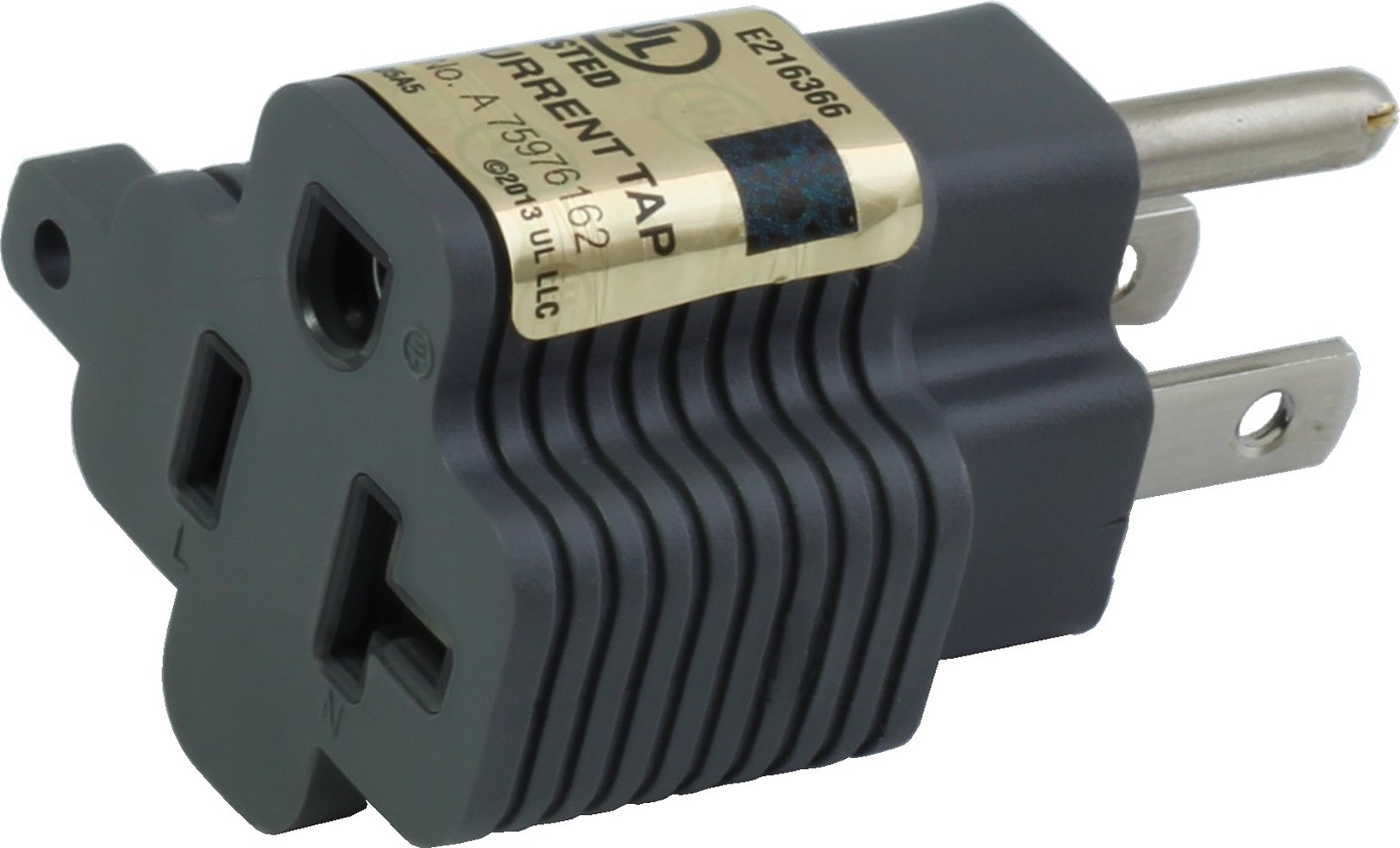
![AC WORKS® [ADV104] 3-Prong Heavy-Duty V-DUO Household Outlet Adapter](http://acworks.com/cdn/shop/products/ADV104-0.jpg?v=1605738768&width=3128)
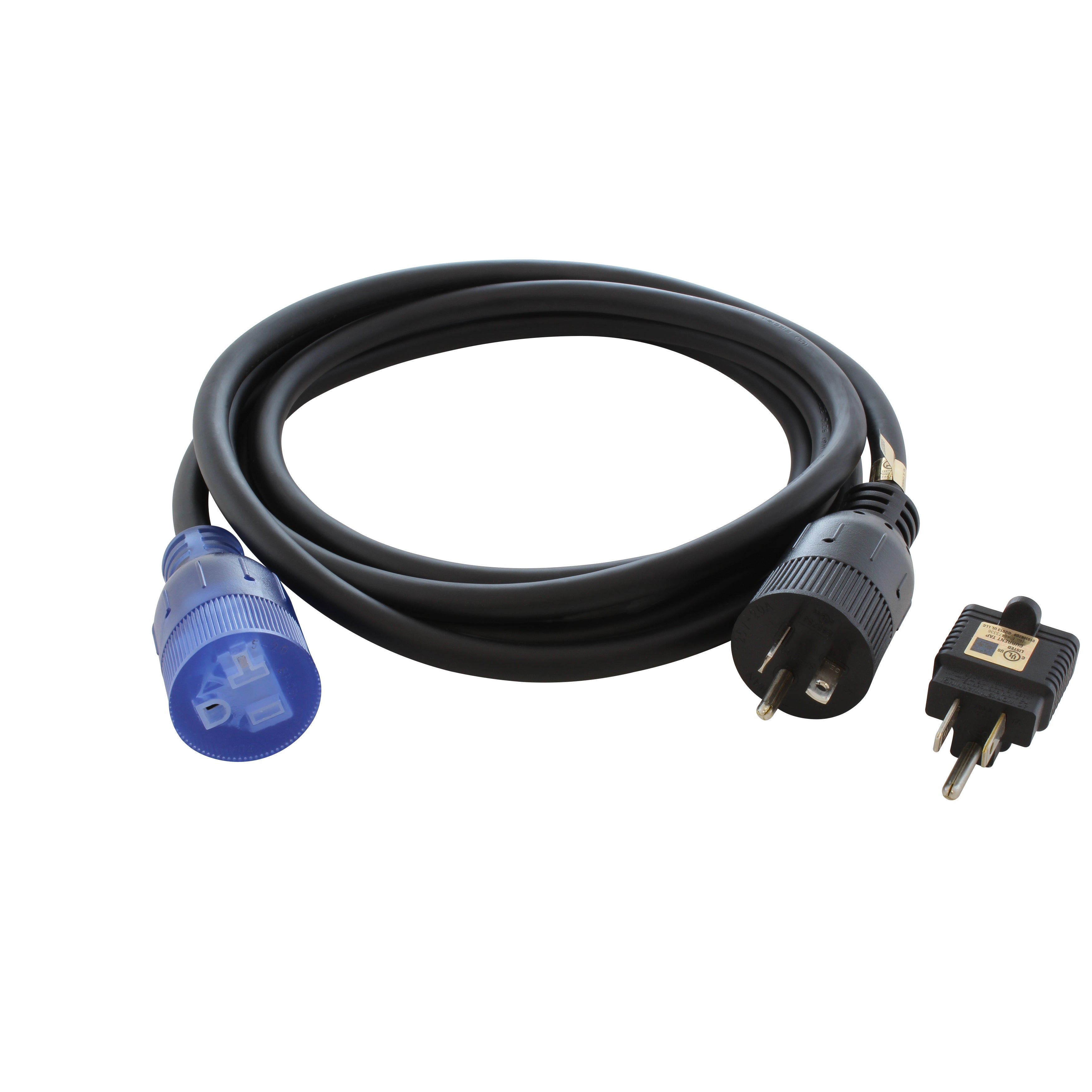
![AC WORKS® [XH515520] 15A to 15/20A 125 Volt Plug Adapter with ETL Safety Approval](http://acworks.com/cdn/shop/files/XH515520-0_daea425a-f439-48df-bb75-052167057f12.jpg?v=1729091519&width=2500)
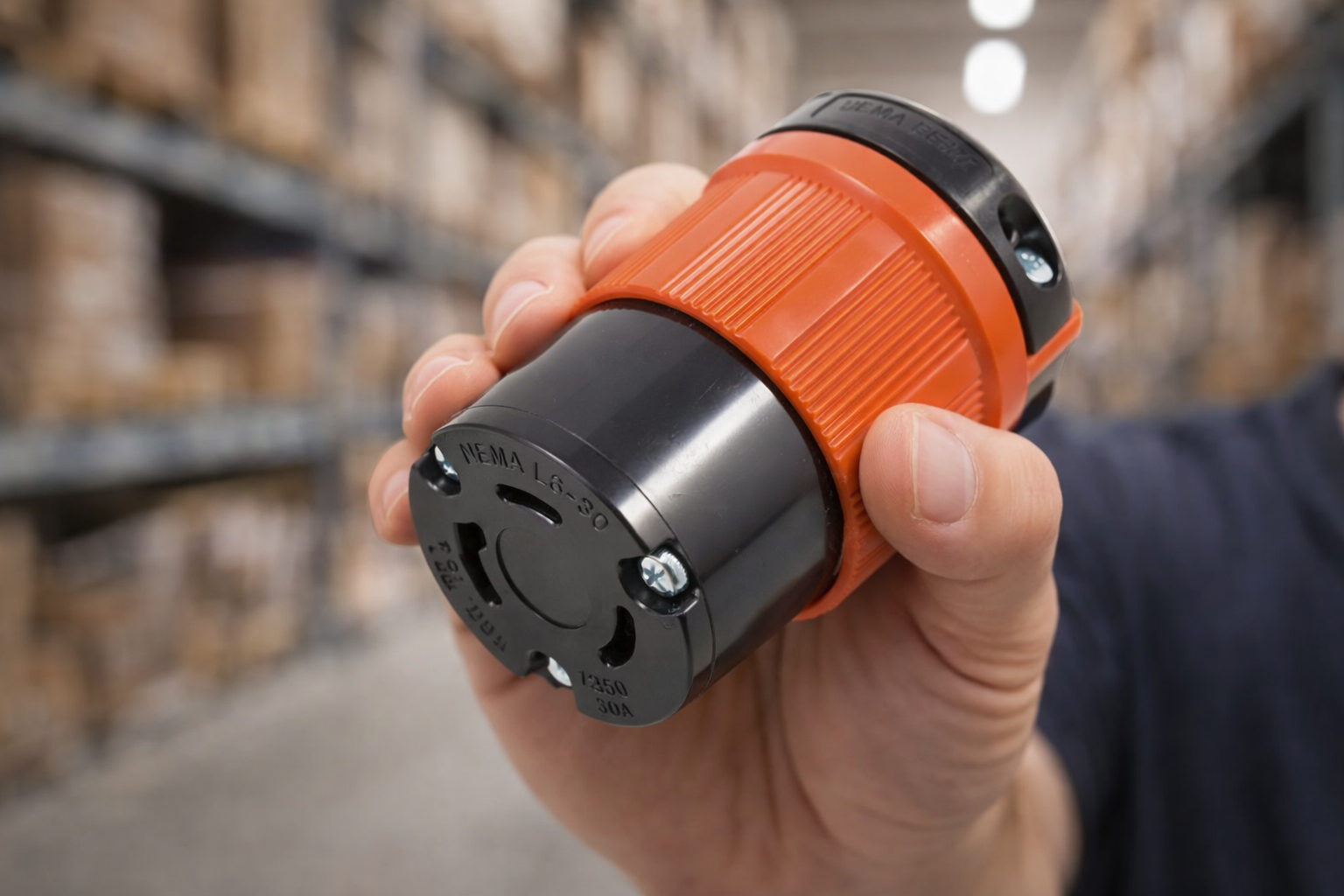
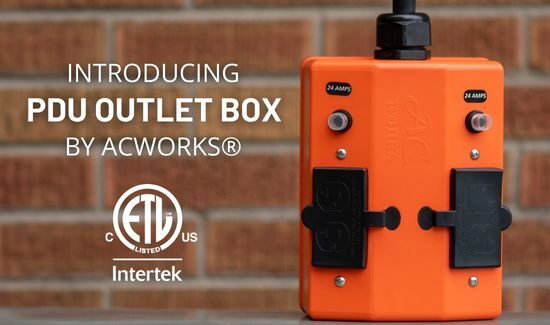

Share:
The Warning Tag Explained
Gen 1 and Gen 2 Tesla Mobile Connector Compatibility